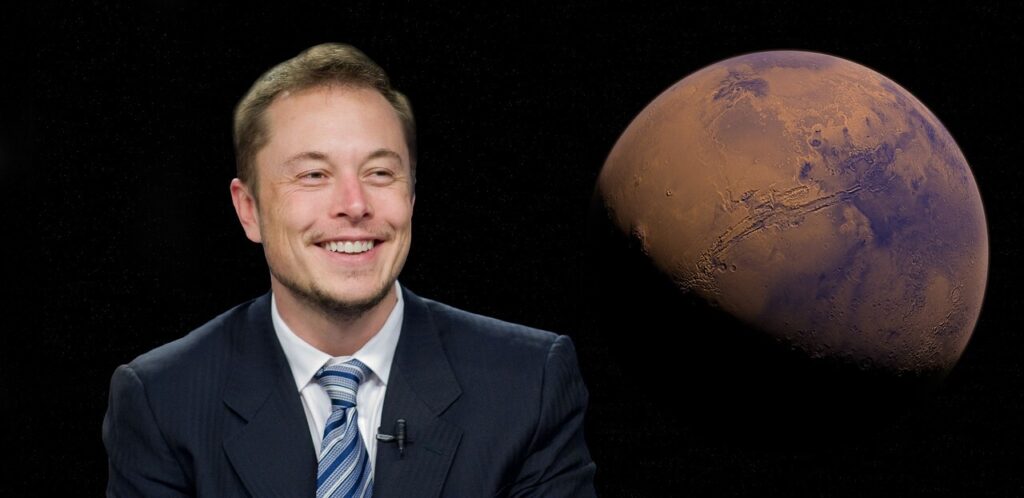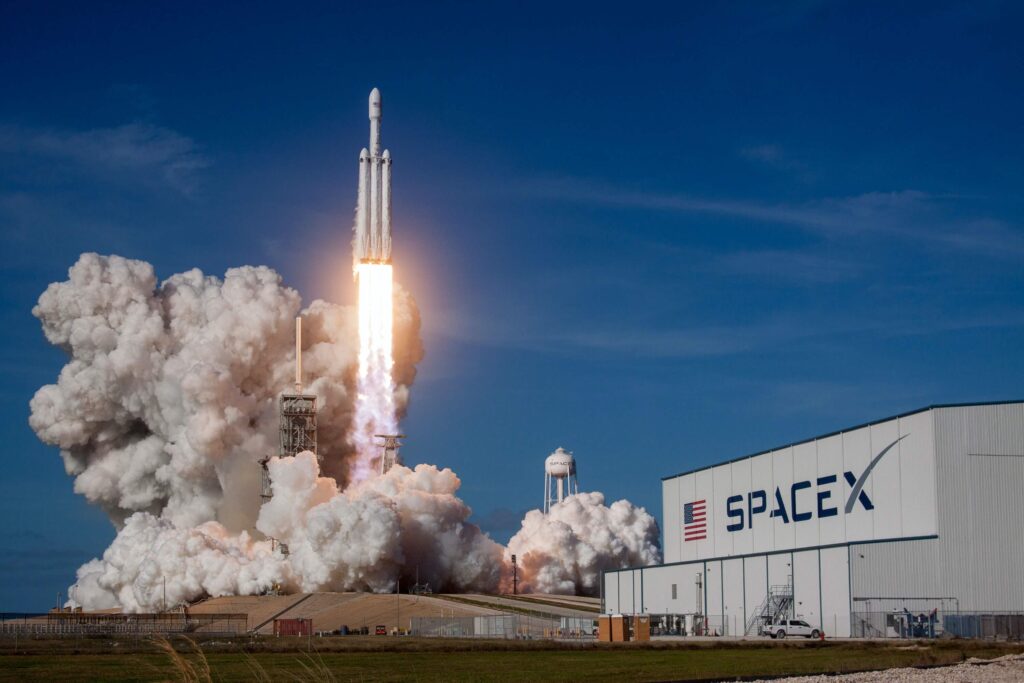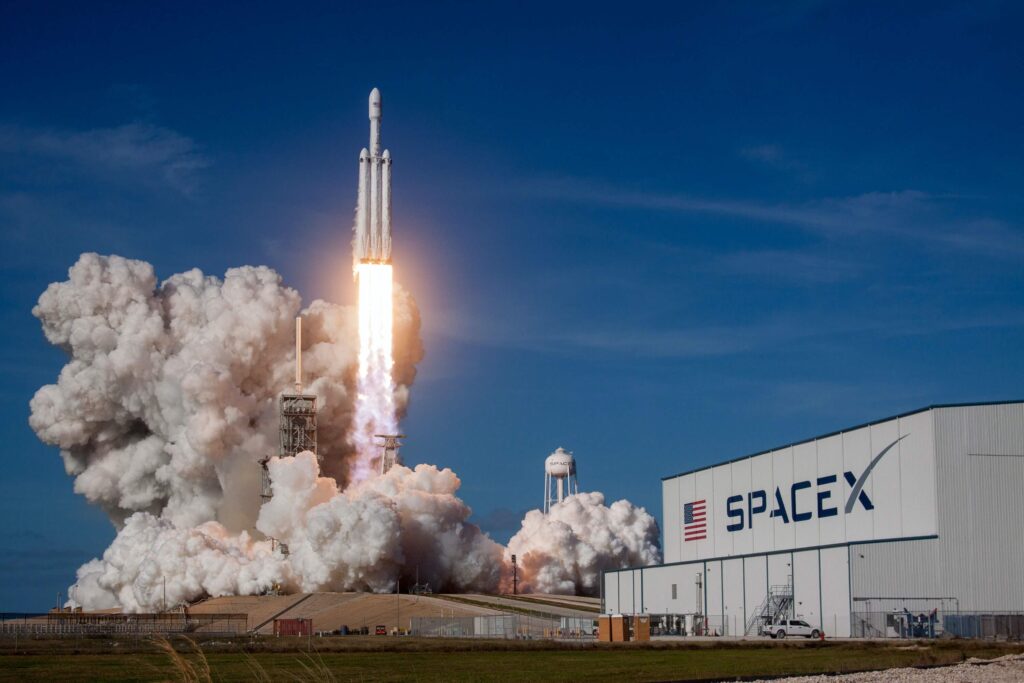SpaceX’s Martian Ambitions: Will They Reach the Red Planet?
Introduction:
SpaceX, the visionary aerospace company founded by Elon Musk, has made headlines for its ambitious goal of sending humans to Mars. Over the past decade, SpaceX has made significant progress in space exploration, revolutionizing the industry with its reusable rockets and ambitious projects. This article will delve into the factors that determine whether SpaceX will successfully send humans to Mars.

The Vision:
Elon Musk’s vision for SpaceX is nothing short of awe-inspiring: to make humanity a multi-planetary species by establishing a sustainable human settlement on Mars. Musk’s determination to achieve this goal is evident in his unwavering commitment and investments into SpaceX. His vision has captured the imagination of people worldwide, fostering a renewed interest in space exploration.
Technological Advancements:
SpaceX has achieved remarkable technological advancements in rocketry, most notably with the development of the Falcon 9 and Falcon Heavy rockets. The Falcon 9, with its reusable first stage, has drastically reduced the cost of space travel. These advancements have the potential to make Mars missions more economically viable, a crucial factor in making the journey to Mars a reality.
Starship: The Mars Vehicle:
SpaceX’s most ambitious project for Mars is the Starship, a fully reusable spacecraft designed to transport large numbers of passengers and cargo to destinations like Mars. The Starship’s enormous payload capacity, combined with its fully reusable nature, could potentially make it the workhorse of future Mars missions. While the Starship is still in the development phase, it represents a crucial step toward Mars colonization.
Challenges and Obstacles:
However, SpaceX’s journey to Mars is fraught with numerous challenges and obstacles. The harsh Martian environment presents a multitude of difficulties, including radiation exposure, extreme temperatures, and the need for life support systems. Additionally, the immense distance between Earth and Mars creates logistical hurdles, such as the need for advanced propulsion systems and efficient energy sources.

Funding:
A project of this magnitude requires substantial financial backing. While SpaceX has secured significant funding through partnerships with NASA, the company will need continued support to fulfill its Mars ambitions. Generating the necessary resources to fund the development, testing, and execution of Martian missions is an ongoing challenge.
Technical Hurdles:
SpaceX must also overcome several technical challenges. Propulsion systems for long-duration Mars missions, life support technology, and radiation shielding are just a few examples. Developing and testing these systems will require substantial time and resources. SpaceX’s ability to address these technical hurdles will play a significant role in determining the success of its Mars endeavors.
Mars Colonization Timeline:
Elon Musk has set ambitious timelines for Mars colonization, with initial crewed missions projected to begin in the mid-2020s. The success of these missions, the development of the necessary infrastructure on Mars, and the establishment of a sustainable colony are all factors that will determine whether SpaceX’s timeline is achievable.
International Collaboration:

Collaboration with other space agencies and organizations may prove essential to SpaceX’s Mars goals. International support, both in terms of funding and expertise, can help overcome the challenges of space travel and Mars colonization. While SpaceX has taken on a leading role in the Mars venture, cooperation with other nations could be a critical factor in its success.
Public Support and Interest:
Public support and interest play a pivotal role in the future of SpaceX’s Mars mission. Engaging and inspiring the public in the possibilities of space exploration can lead to increased funding, political support, and a broader talent pool for the aerospace industry. If SpaceX can maintain its current level of public enthusiasm, it may be better positioned to overcome the many challenges ahead.
Conclusion:
The question of whether SpaceX will go to Mars is not a simple one. The company’s ambitious goals, technological advancements, and unwavering commitment make it a serious contender in the race to the Red Planet. However, it is important to acknowledge the numerous challenges and obstacles that must be overcome for this vision to become a reality. SpaceX’s success in addressing these challenges, securing funding, and establishing international collaboration will ultimately determine whether humans will set foot on Mars in the foreseeable future. While the journey to Mars is a daunting one, the visionary spirit of SpaceX and its founder, Elon Musk, has rekindled the dream of reaching the stars and expanding the horizons of human exploration.










